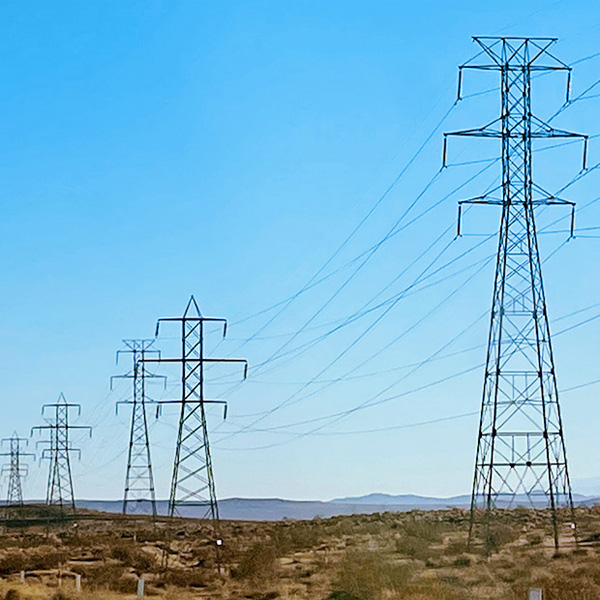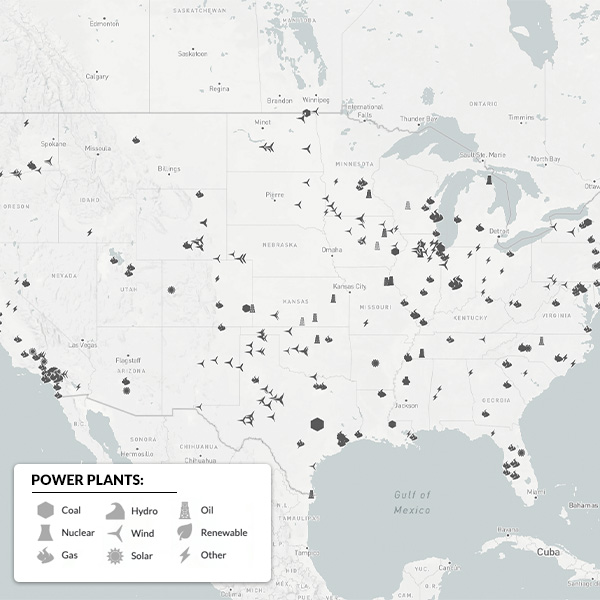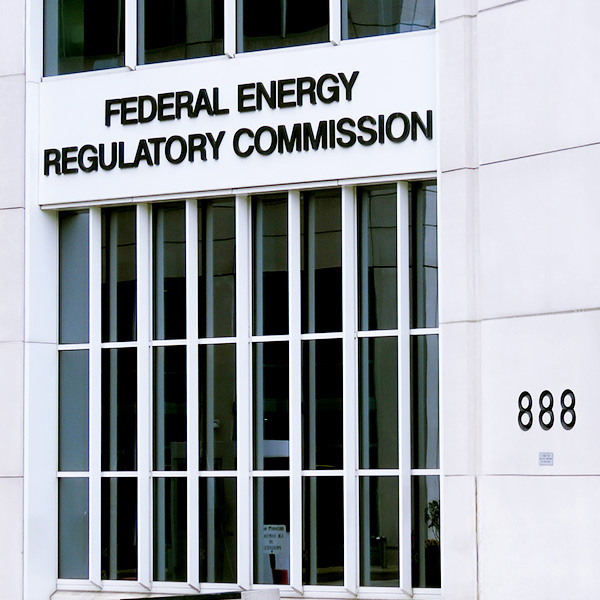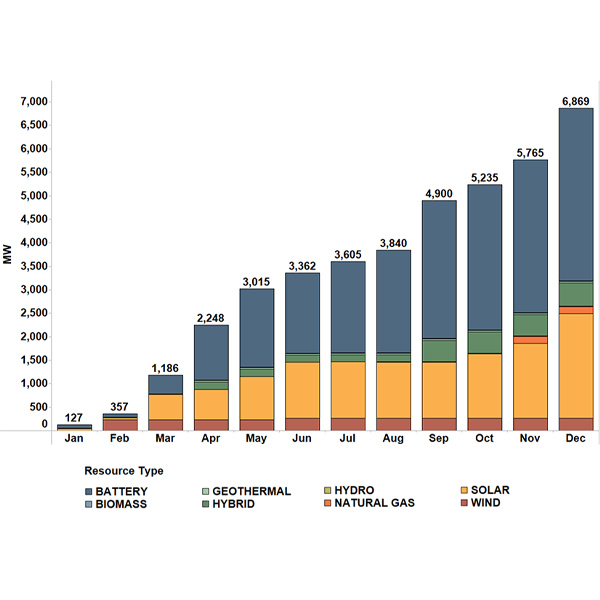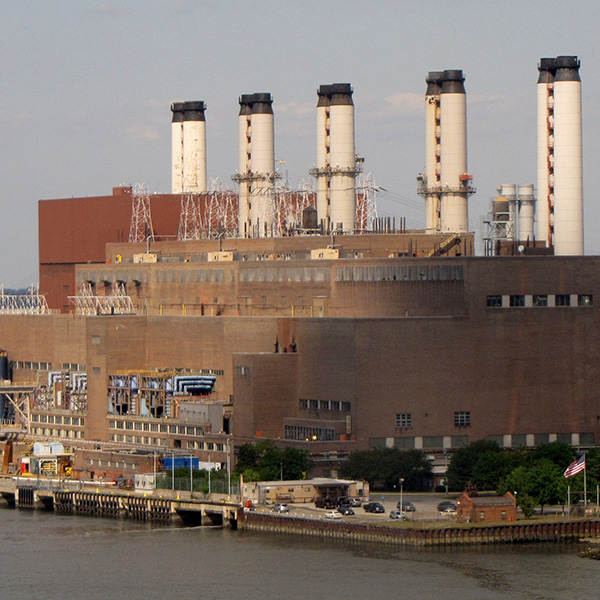Public Policy
Environmental RegulationsReliabilityState & RegionalAlabamaAlaskaArizonaArkansasCaliforniaColoradoConnecticutDelawareDistrict of ColumbiaFloridaGeorgiaHawaiiIdahoIllinoisIndianaIowaKansasKentuckyLouisianaMaineManitobaMarylandMassachusettsMichiganMinnesotaMississippiMissouriMontanaNebraskaNevadaNew HampshireNew JerseyNew MexicoNew YorkNorth CarolinaNorth DakotaOhioOklahomaOntarioOregonPennsylvaniaRhode IslandRTO-IndianaSouth CarolinaSouth DakotaTennesseeTexasUtahVermontVirginiaWashingtonWest VirginiaWisconsinWyoming
CAISO is asking the California Public Utilities Commission to consider issuing a new procurement order to meet the region’s electricity reliability needs from 2028-2032, citing significant forecasted load growth in those years.
Industry experts say that while DOE's report points to a well known issue, it focuses only on keeping old plants online instead of needed new capacity.
A California Senate committee has advanced a bill aimed at increasing accountability and transparency of the state Public Utilities Commission.
Georgia Power will add at least 6 GW of new generation capacity by 2031, and potentially as much as 8.5 GW, under its recently approved integrated resource plan.
The Virginia SCC ordered changes to Dominion's IRP filings, requiring scenarios that meet state clean energy goals and have an increased level of storage, efficiency and demand-side management.
New technology and energy facilities are planned for Pennsylvania at a cost of more than $90 billion, including multiple power plants and data centers, possibly co-located.
FERC has a tightrope to walk in balancing the requirements of a White House executive order requiring sunset clauses in regulations pertaining to energy, some of which are foundational to the economic regulation of electricity, while keeping its response in line with the Administrative Procedure Act.
California should have plenty of electricity available to meet demand over the next few years, even during extreme weather events or if new energy resource installations are delayed, a California Energy Commission report said.
Earthjustice claimed that NYISO’s latest annual “Power Trends” report was full of misleading statements that favor new natural gas generation in a letter to New York state officials.
NYISO performed an autopsy on the system conditions during the late June heat wave for the New York State Reliability Council at its Installed Capacity Subcommittee meeting.
Want more? Advanced Search
